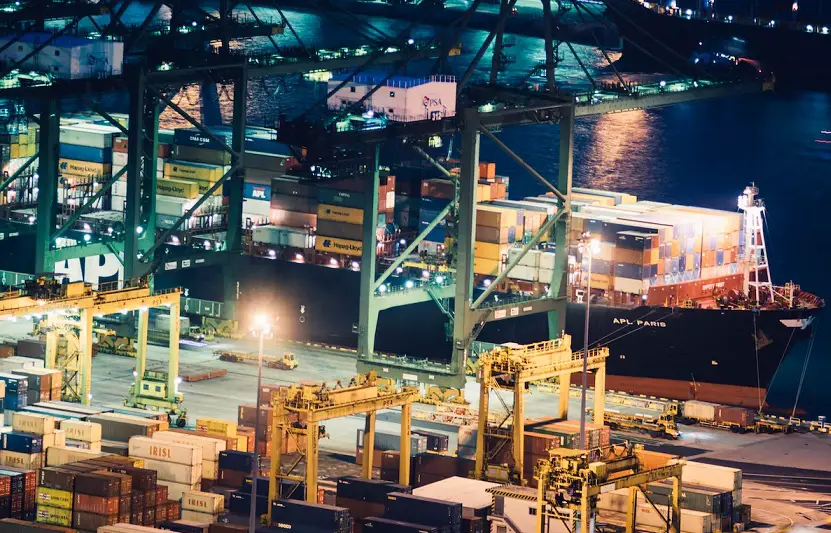On Monday, the Financial Times reported that, according to sources close to the discussions, in a effort to rescue the Black Sea grain deal in Ukraine, the EU is mulling a proposal to reconnect a sanctioned Russian bank to the SWIFT instant financial messaging service.
The outlet reported that under the proposal, the Russian lender Rosselkhozbank, which deals heavily with the agricultural sector in Russia, would create a subsidiary lender which would be reconnected to SWIFT to process the nation’s grain-export payments. Reportedly Moscow proposed the move in the course of the UN-brokered negotiations.
When the Western nations imposed sanctions on Russia over the military action in Ukraine, Rosselkhozbank was disconnected from the SWIFT financial messaging service. As the West has sought an extension of the Black Sea Grain Initiative, Moscow has put forth the lender’s reconnection as a necessary condition to its agreement to extend the deal for facilitating the export of Russian and Ukrainian grain to the international markets.
Originally mediated by the UN and Türkiye and signed in July of 2022, the deal is set to expire on July 18th.
Since the deal was first implemented, Moscow has repeatedly complained that Ukrainian grain, which was supposed to be delivered to Africa and other destinations suffering from food shortage, was instead diverted to the more profitable Western markets, while obligations to Russia under the deal to facilitate its own exports, have been repeatedly neglected.
The proposal to reconnect Rosselkhozbank to SWIFT was discussed by EU leaders last week at a summit in Brussels, where it was described as the “the least worst option” to see the grain deal extended. EU officials are currently examining the feasibility and the legality of the plan, according to the report by FT.
Last week Russian Foreign Minister Sergey Lavrov reiterated that the Kremlin does not see any reason to agree to an extension of the grain deal, noting that under the first iteration of the deal, the promises made to Moscow have continued to remain ignored. He called the attitude of the US and the EU “outrageous” in claiming that Russian agricultural shipments are not explicitly targeted by Western sanctions.
He noted that enormous obstacles to Russian agricultural exports have arisen as a result of the sanctions levied against Rosselkhozbank, the restrictions placed on Russia’s shipping industry, and “a host of other allegedly technical but actually prohibitive actions” taken by the Western powers.
Lavrov added, “I don’t see what arguments there are for those who would like to continue this Black Sea initiative.”

